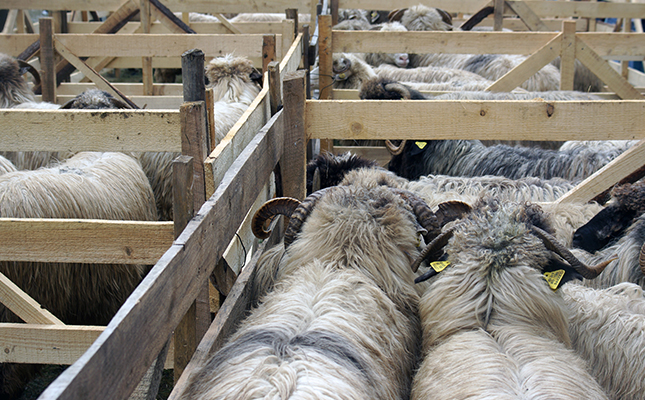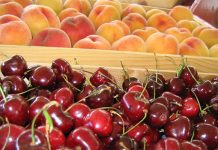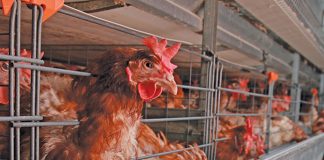
Photo: Adobe Stock
Despite warnings from the EU, Romania is continuing with the controversial exportation of an estimated 70 000 live sheep to the Persian Gulf region this year.
The EU has condemned the exports due to the “extreme temperatures that would make it impossible to guarantee the animals would not suffer in transit”.
EU Commissioner for Health and Food Safety, Vytenis Andriukaitis, released a statement warning Romania against the move.
“We have received footage showing terrible conditions in which animals were transported by livestock vessels to the Persian Gulf during the summer.
“Taking into account the weather forecast in the Persian Gulf area during [summer months], where temperatures will reach 46°C […] I would urge you, as a gesture of responsibility, to stop the imminent export of sheep,” he said
This warning came as an escalation of a dispute between Romanian officials and the EU’s health and food safety department, as the EU seeks to limit live animal exports from the region.
The Romanian minister of agriculture and rural development, Petre Daea, said in a statement that there were no conditions under which he would consider halting the exports.
According to animal rights activists, the practice of trading live animals was cruel and unnecessary.
“The heat [on these ships] exceeds 60°C, despite EU legislation banning the shipping of animals when the temperature is over 30°C.”
Velizar Barbuli, general director of Romania’s National Sanitary Veterinary and Food Safety Authority, which is responsible for the welfare of animals during transportation, said national legislation in Romania aimed at regulating the conditions under which animals may be transported by sea was currently being updated.
Mary Pana, president of the Association of Breeders and Exporters of Cattle, Sheep and Pigs in that country, commented that Romanian farmers were making a loss by exporting live animals instead of carcasses and processed meat.
“The animals should be kept in the country, and processed here after they reach target slaughter weights,” she said.
Australia, a former top exporter of live sheep, announced a ban on live export trade to the Middle East during the summer months, and plans were in place to phase out the practice in the next five years due to ethical considerations.
According to figures from the International Trade Centre, Romania’s exports of live sheep and goats have been increasing since 2015, and it is currently the largest exporter of live animals to third-party countries from the EU.
Globally, millions of live animals are transported half-way around the world, fuelled by rising demand from predominantly Muslim countries due to halal slaughter practices, which require the consumption of freshly slaughtered lamb and beef.













